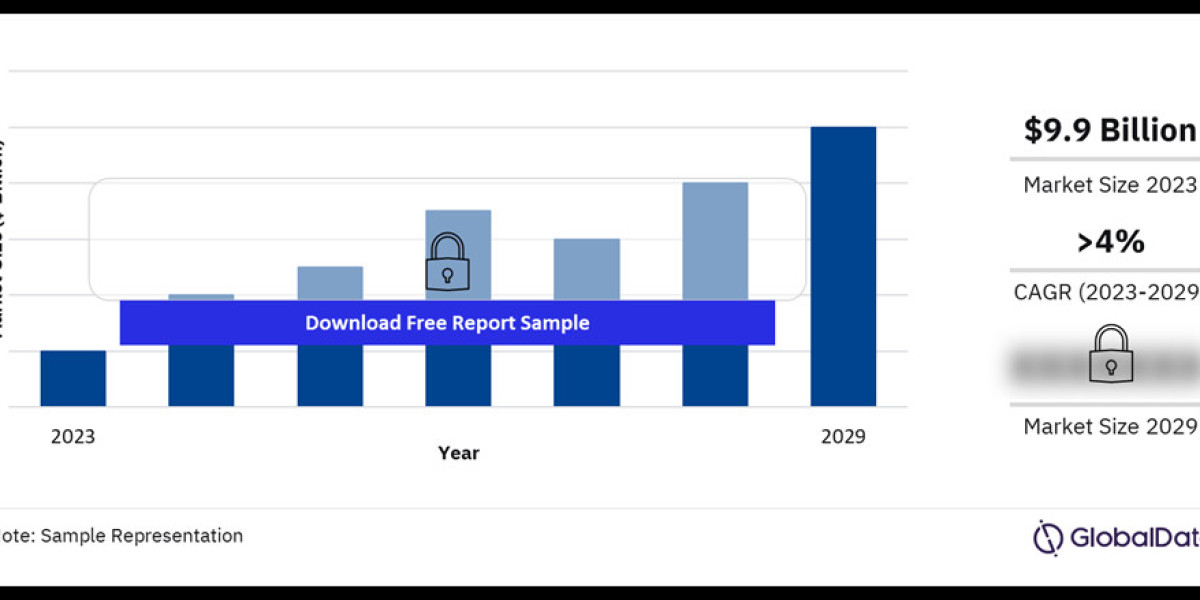The Indonesia healthcare market is on an upward trajectory, fueled by government reforms, rising health awareness, technological innovations, and a growing population. Despite facing challenges such as access to healthcare in rural areas and a shortage of skilled professionals, the opportunities in the sector are immense. As the country continues to invest in healthcare infrastructure and digital health solutions, the Indonesian healthcare market is set to become one of the most dynamic and lucrative in Southeast Asia.

Buy the Full Report to Know More About Major Players, Download A Free Report Sample
Key Drivers of Growth
Government Initiatives: The Indonesian government has committed significant resources to improving healthcare access and quality. The JKN scheme is an ambitious program designed to provide universal health coverage. It has had a transformative effect on the country’s healthcare system by expanding access to basic health services for millions of people.
Increasing Health Awareness: With rising awareness about health issues, especially in urban centers, the Indonesian public is placing more emphasis on preventive care, healthier lifestyles, and medical check-ups. This is driving demand for a wide range of health services, from wellness clinics to diagnostic facilities.
Technological Advancements: The growing adoption of digital health technologies, including telemedicine, health apps, and artificial intelligence (AI) in diagnostics, is transforming the healthcare landscape. These innovations are helping to bridge gaps in access to healthcare services, particularly in rural areas.
Aging Population: Like many other countries, Indonesia is experiencing demographic shifts, with a growing elderly population. This is increasing the demand for long-term care services, medical devices, pharmaceuticals, and age-related health services.
Challenges Facing the Healthcare Market
Despite the market's rapid growth, the Indonesian healthcare system faces several challenges:
Limited Access to Healthcare in Rural Areas: While urban centers are seeing significant improvements in healthcare infrastructure, rural areas still lack adequate medical facilities and services. This is a major issue for the government's universal health coverage plans.
Shortage of Skilled Healthcare Professionals: Indonesia faces a shortage of qualified healthcare professionals, including doctors, nurses, and specialists. This is a significant barrier to improving the quality of care in the country.
Healthcare Infrastructure: While the government is investing in improving infrastructure, Indonesia still faces a gap in healthcare facilities, particularly in remote regions. Many hospitals and clinics are under-resourced and struggle to meet demand.
Regulatory and Bureaucratic Barriers: The healthcare market is also affected by regulatory and bureaucratic challenges that can slow down the entry of foreign investors and hinder the smooth operation of healthcare providers.
Opportunities in the Healthcare Sector
Despite these challenges, the healthcare market in Indonesia presents many opportunities:
Private Healthcare Investment: The growing demand for private healthcare services, particularly in metropolitan areas like Jakarta and Surabaya, offers opportunities for investment in private hospitals, clinics, and specialized care centers.
Medical Devices and Pharmaceuticals: With an aging population and increasing healthcare demands, the market for medical devices and pharmaceutical products is expanding. International companies are eyeing this market, especially as Indonesia becomes a regional hub for pharmaceutical manufacturing.
Telemedicine and Digital Health: The adoption of digital health solutions is rapidly increasing. With a mobile-first population, Indonesia presents a significant opportunity for telemedicine companies, digital health platforms, and e-pharmacy businesses to scale. These technologies are not only transforming urban healthcare but also providing solutions for rural populations.
Health Tourism: Indonesia is also becoming a popular destination for medical tourism, particularly in Bali, Jakarta, and Yogyakarta. The country offers high-quality medical services at relatively low prices, making it an attractive option for foreign patients seeking treatments such as cosmetic surgery, dental procedures, and wellness therapies.









